Nature News
-
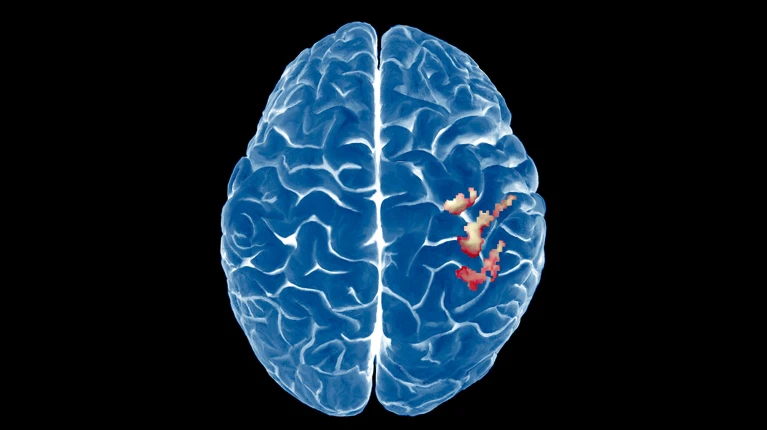
The brain’s map of the body is surprisingly stable — even after a limb is lost
Study challenges the textbook idea that the brain region that processes body sensations reorganizes itself after limb amputation.
-
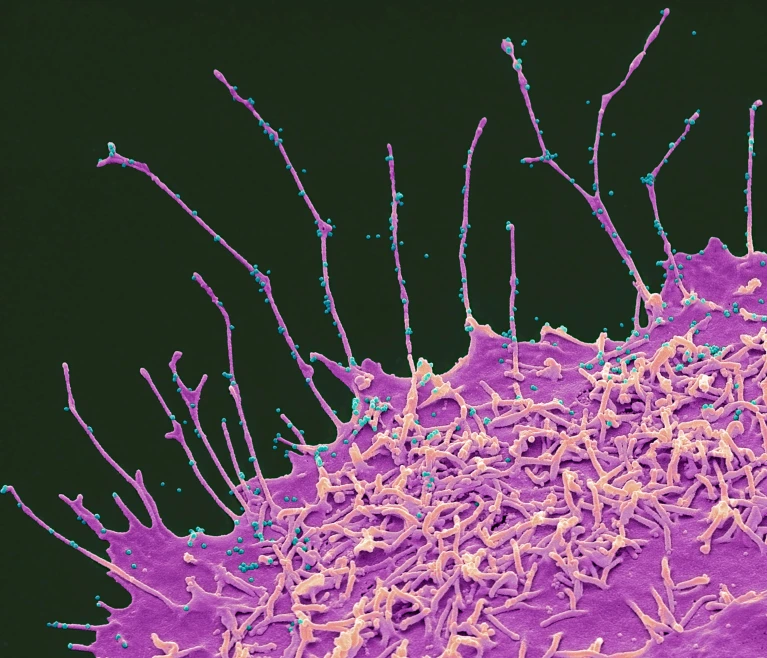
People’s brains aged faster during the COVID pandemic — even the uninfected
Study of nearly 1,000 people showed that brain ageing was not linked to infection status, but cognitive decline was.
-
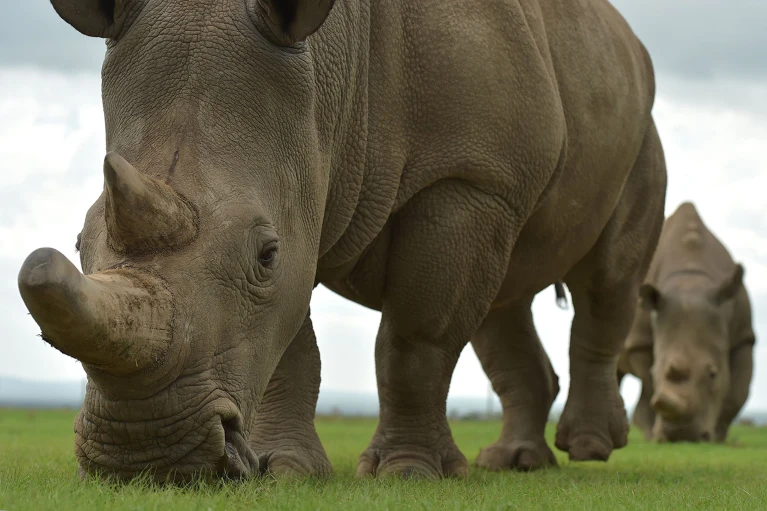
Ancient proteins rewrite the rhino family tree — are dinosaurs next?
Molecules from 20-million-year-old teeth are among the oldest ever sequenced.
-

Are these the world’s oldest rocks? Fresh data confirm contested claim
Scientists debate age of ancient Canadian crust as Inuit leaders work to preserve the location.
-

When do girls fall behind in maths? Gigantic study pinpoints the moment
Analysis of almost three million children captures when ‘mathematical gender gap’ first emerges and could help focus efforts to stop girls from falling behind.
-
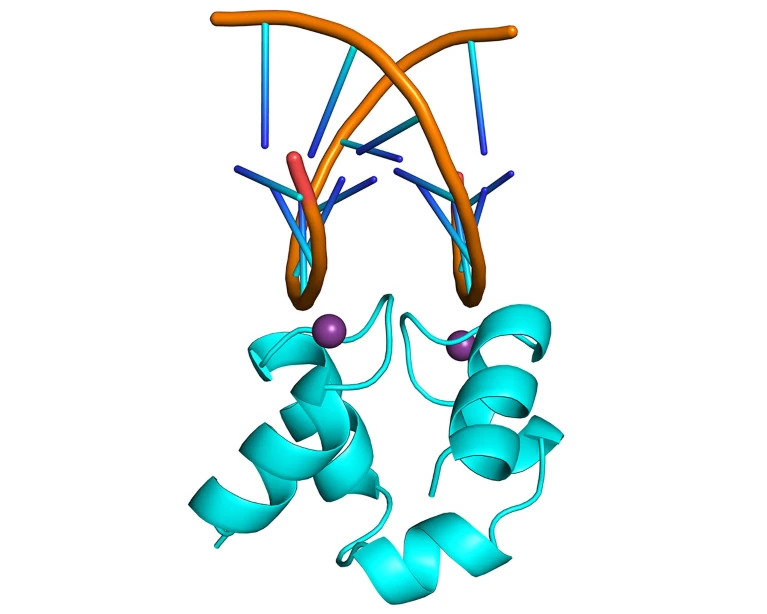
Rare ‘ambidextrous’ protein breaks rules of handedness
Most proteins are left-handed, but scientists have found an ancient molecule that works in both mirror-image forms.
-

AI language models develop social norms like groups of people
When LLMs are grouped together, they exhibit similar characteristics to human societies
-
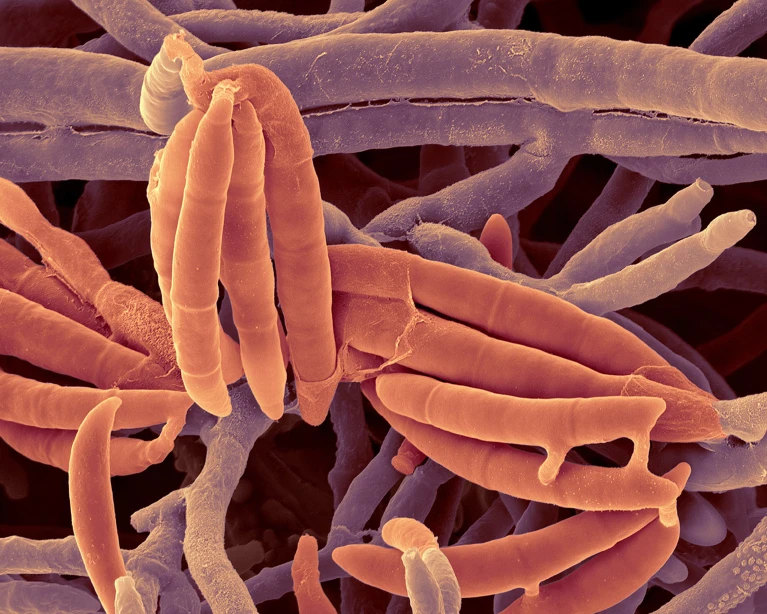
Fungus from the human gut slows liver disease in mice
The disease affects almost one-third of adults and treatments are limited.
-
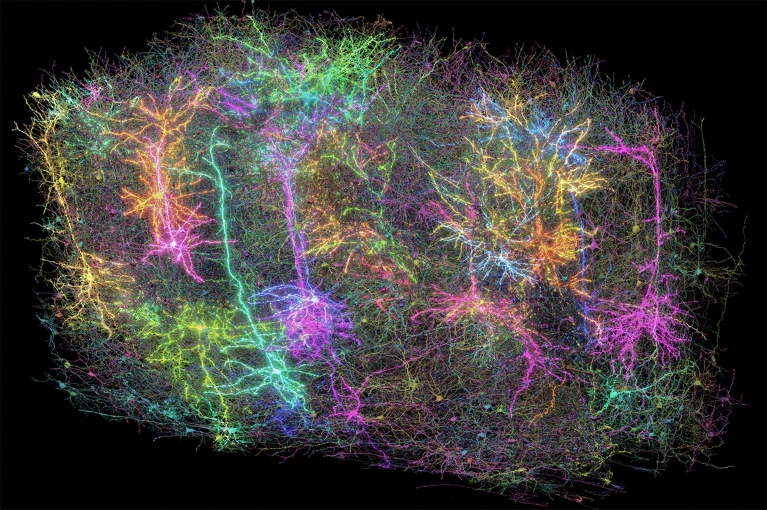
Biggest brain map ever details huge number of neurons and their activity
3D reconstruction is the first to overlay neuronal activity on a large-scale map of brain cells.
